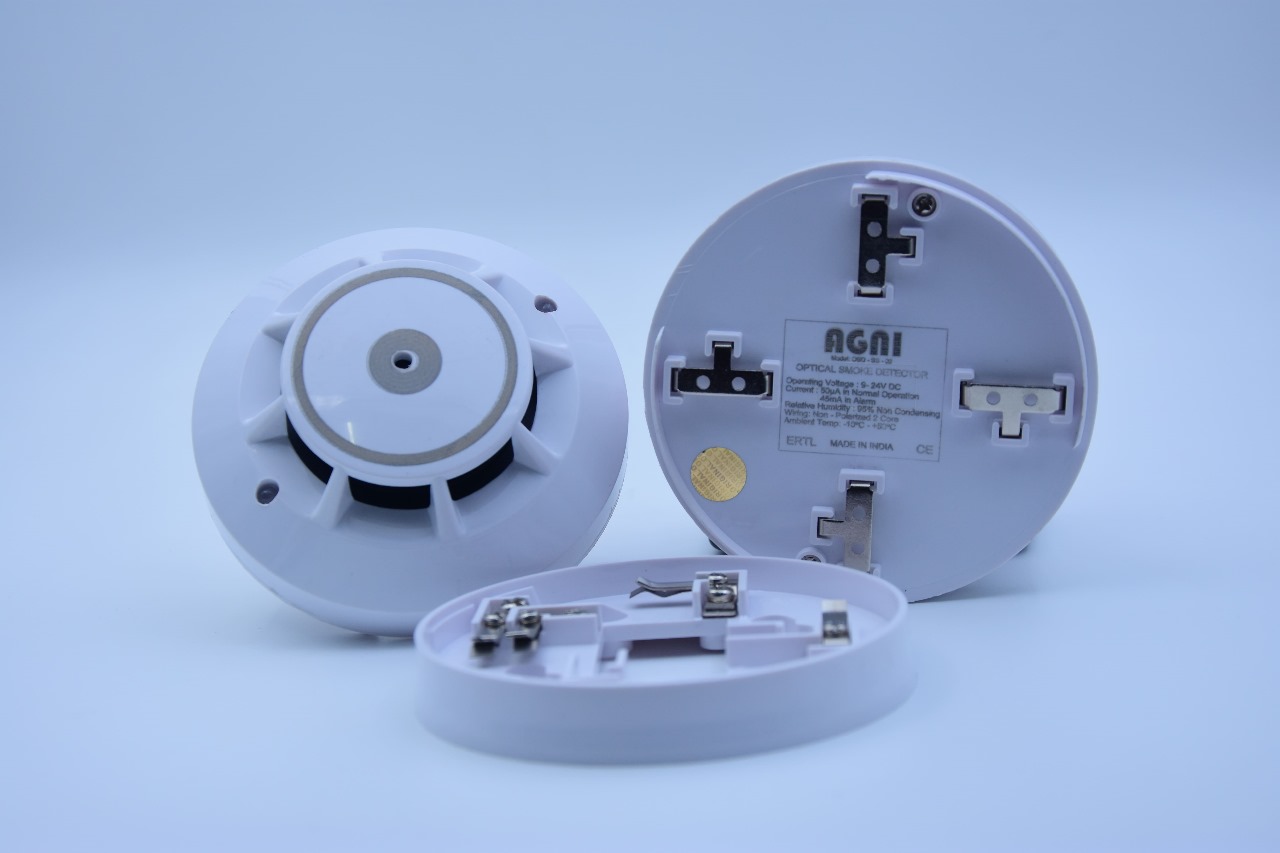In the event of a fire, a smoke alarm is a critical safety device that can alert you early to the presence of smoke and fire in your home or building. Here’s what you should do if your smoke alarm goes off:
- Respond Immediately: Take the sound of the smoke alarm seriously. It indicates a potential fire or smoke hazard, and immediate action is necessary.
- Stay Calm: It’s normal to feel alarmed, but try to stay calm and think clearly. Panic can hinder your ability to respond effectively.
- Check for Fire: If you haven’t already seen or smelled smoke, quickly check the area near the smoke alarm for any signs of fire. Do not investigate further if it puts you in danger. If you see flames or smoke, evacuate immediately.
- Evacuate: If you confirm the presence of fire or smoke, evacuate the building immediately. Follow the evacuation procedures outlined earlier, including alerting others and using designated exits.
- Close Doors: As you evacuate, close any doors behind you to help contain the fire and smoke to the area where it started. Closed doors can slow the spread of fire and give you more time to escape.
- Call Emergency Services: Once you are safely outside, call the emergency services in your area (such as 911) to report the fire. Provide your location and any relevant details about the situation.
- Do Not Return Inside: Under no circumstances should you re-enter the building until emergency services have declared it safe to do so. Even if the alarm stops sounding, the danger may still exist.
- Account for Everyone: If you are responsible for others, such as family members or co-workers, ensure that everyone has evacuated safely and gather at a predetermined meeting point.
- Stay Outside: Wait at a safe location outside the building until emergency responders arrive and provide further instructions. Avoid going back inside until it has been cleared by firefighters.
- Test Your Smoke Alarms Regularly: To prevent fires and ensure early detection, regularly test your smoke alarms to make sure they are functioning properly. Replace batteries as needed and replace smoke alarms every 10 years or as recommended by the manufacturer.
Remember, the early detection provided by smoke alarms can save lives in the event of a fire. Make sure your home or building is equipped with working smoke alarms and that you know how to respond if they activate.
At vero eos et accusam et justo duo dolores et ea rebum. Stet clita kasd gubergren, no sea takimata sanctus est Lorem ipsum dolor sit amet. Lorem ipsum dolor sit amet, consetetur sadipscing elitr, sed diam nonumy eirmod tempor invidunt ut labore et dolore magna aliquyam erat, sed diam voluptua. At vero eos et accusam et justo duo dolores et ea rebum. Stet clita kasd gubergren, no sea takimata sanctus est Lorem ipsum dolor sit amet. Lorem ipsum dolor sit amet, consetetur sadipscing elitr.



